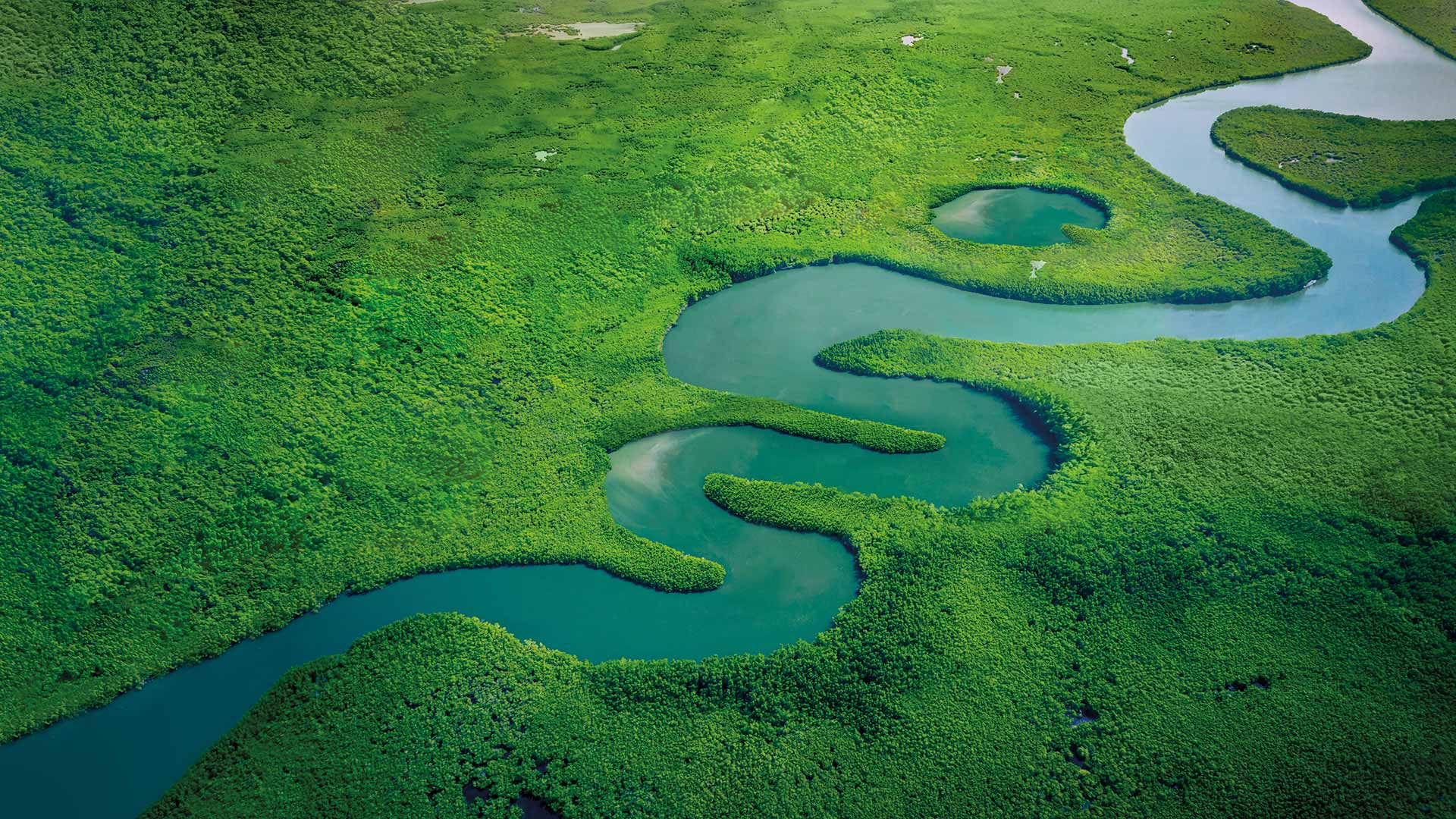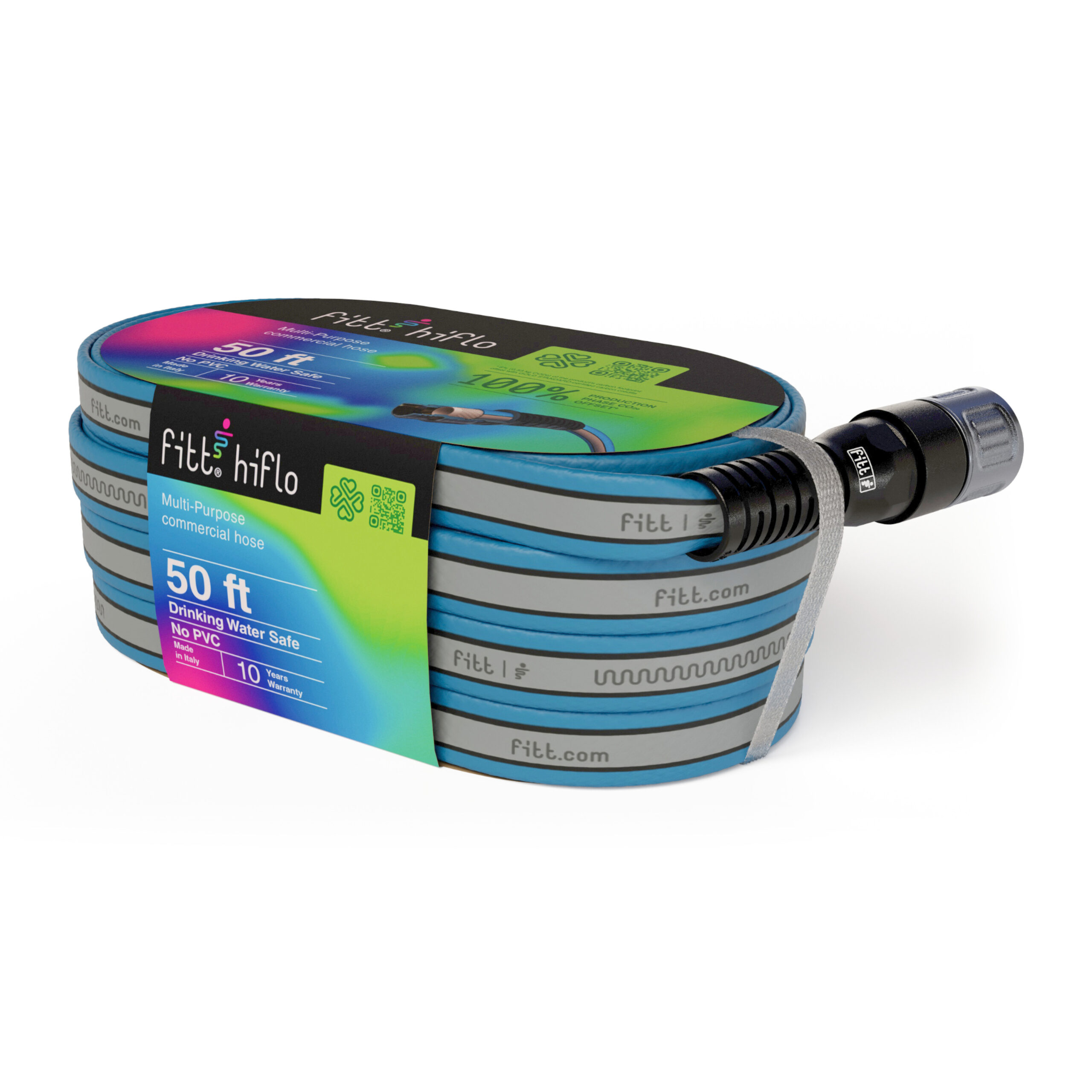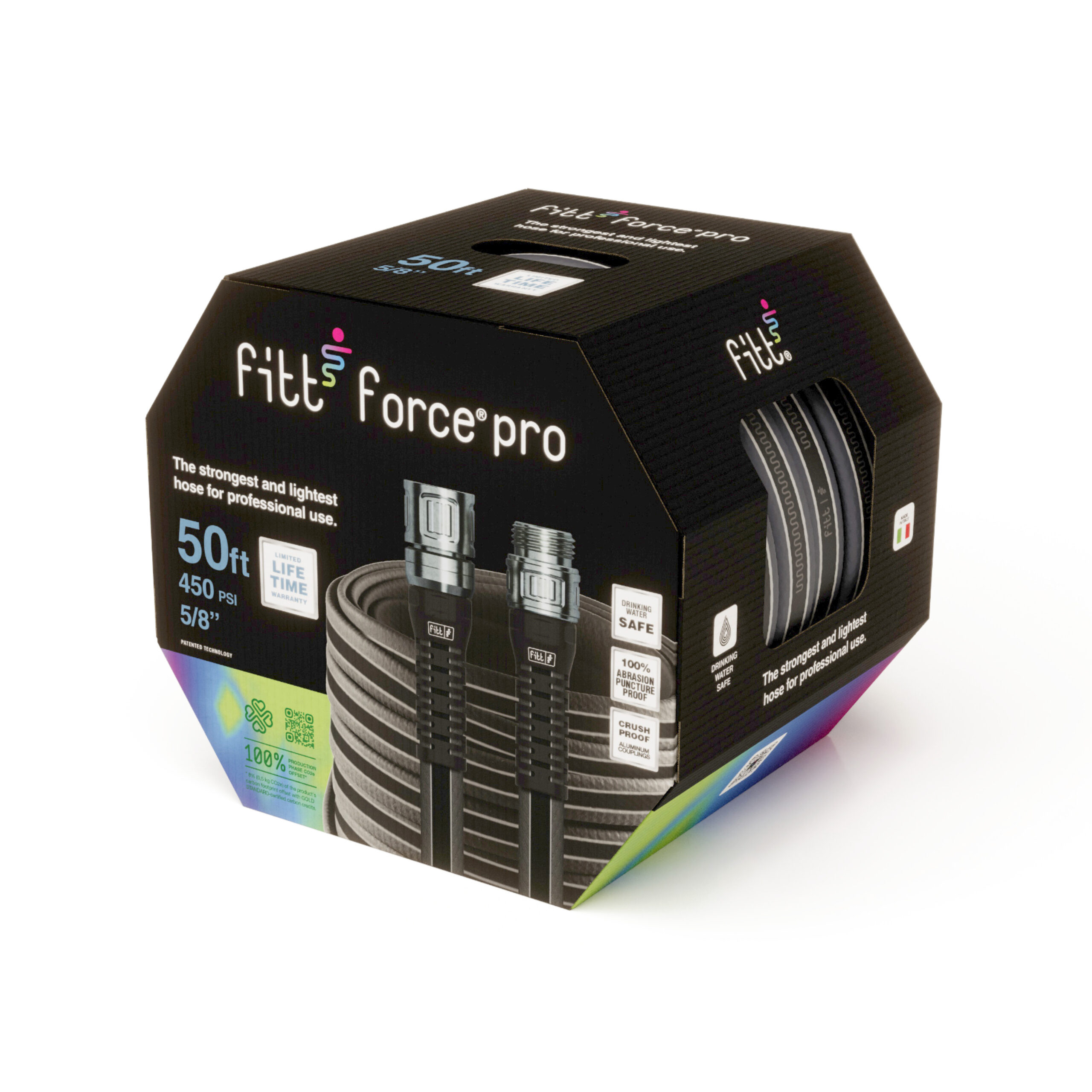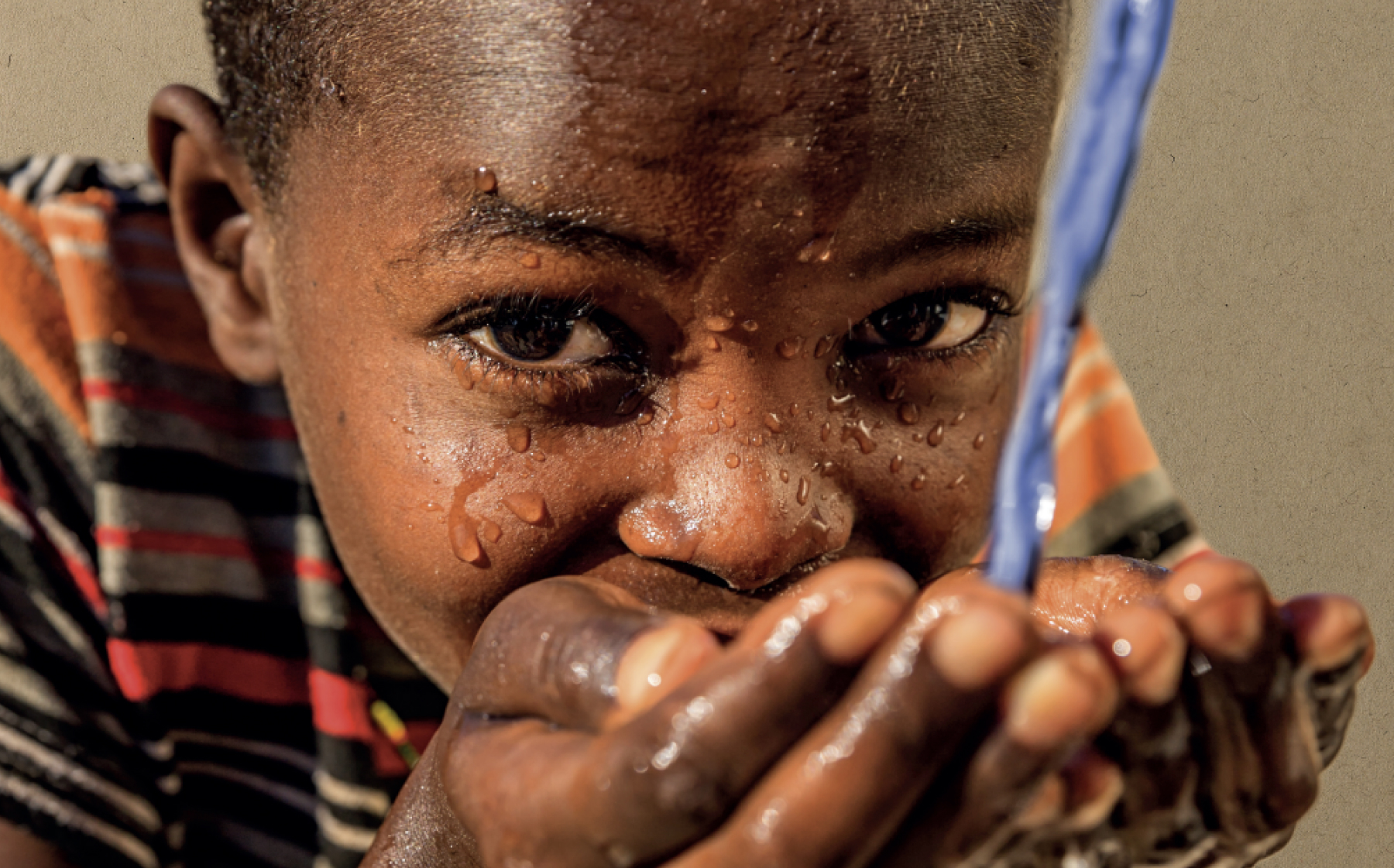FITT has chosen to compensate all CO2 emissions resulting from the production of its most innovative products by purchasing Gold Standard certified carbon credits generated by the Water is Life project in collaboration with Wami Water.
The mission of Water is Life is to bring drinking water to families living in the villages of Anketrake, Andranogadra and Ankatsaky, in Madagascar.
Even today, in some areas of the island 80% of the population has no direct access to drinking water and is forced to make long daily journeys to reach water sources in semi-desert areas.
FITT designs and manufactures pipes and hoses for transporting fluids, the main one being water.
It has therefore chosen to support the Water is Life project, in order to ensure access to such a vital resource also in areas where it is not easily available.
